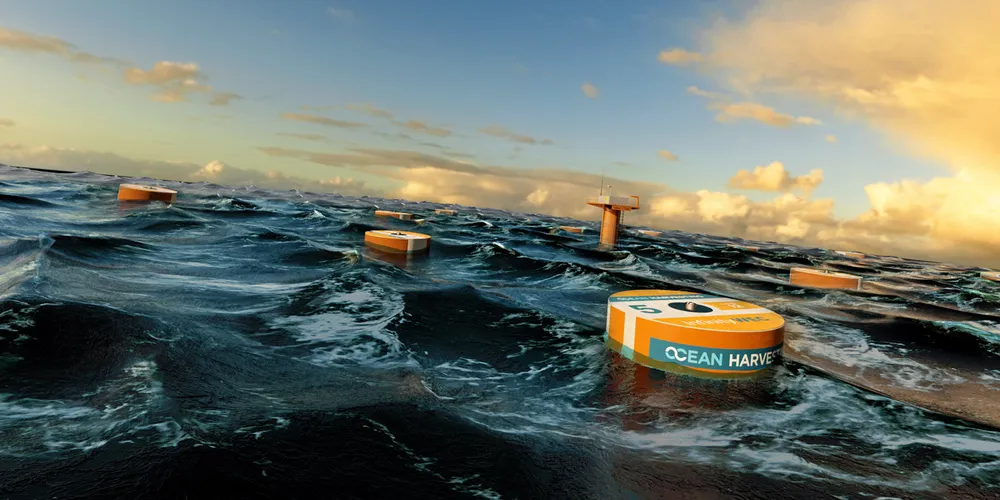Oil indie Lundin probes wave power for 'significant challenges' of offshore decarbonisation
One-year scoping project to explore use of Ocean Harvesting Technologies' 'point absorber' style design in reducing emissions from oil and gas operations at sea

Transitioning offshore oil independent Lundin Energy has launched new R&D with marine renewables outfit Ocean Harvesting Technologies (OHT) to explore using wave energy converters (WECs) to help slash emissions from oil and gas production at sea.
Green is the new black. Subscribe to Accelerate
Get the market insight you need into the global oil & gas industry's energy transition – from the new newsletter from Upstream and Recharge. Sign up here
“In a future aligned with a 2°C pathway [as set out in the 2015 Paris Agreement], oil still plays an important role and is estimated to account for around 23% of the global energy mix in 2040, compared to 31% today,” said the partners in a statement.
“But in order to meet both future energy demand and climate targets, it is critical to decarbonise the production of oil and gas as much as possible.”
Kristin Færøvik, managing director of Lundin Energy Norway, said: “Our assets are already highly efficient and low-carbon. However, the challenges to the wider sector in decarbonising production can be significant, especially offshore.”
Mikael Sidenmark, CEO at OHT added: “This case study, aiming to develop a specification and system design for a wave power installation at an oil and gas platform, will provide valuable input… in better understanding the requirements for such an installation.
“The project will guide us through the early validation stages of our commercialisation.”
OHT’s InfinityWEC is a modular, piston-like ‘point absorbing’ WEC design said to be “highly efficient in capturing energy through its ability to adjust to the sea state, and robust enough to operate reliably and survive the harshest marine conditions”.